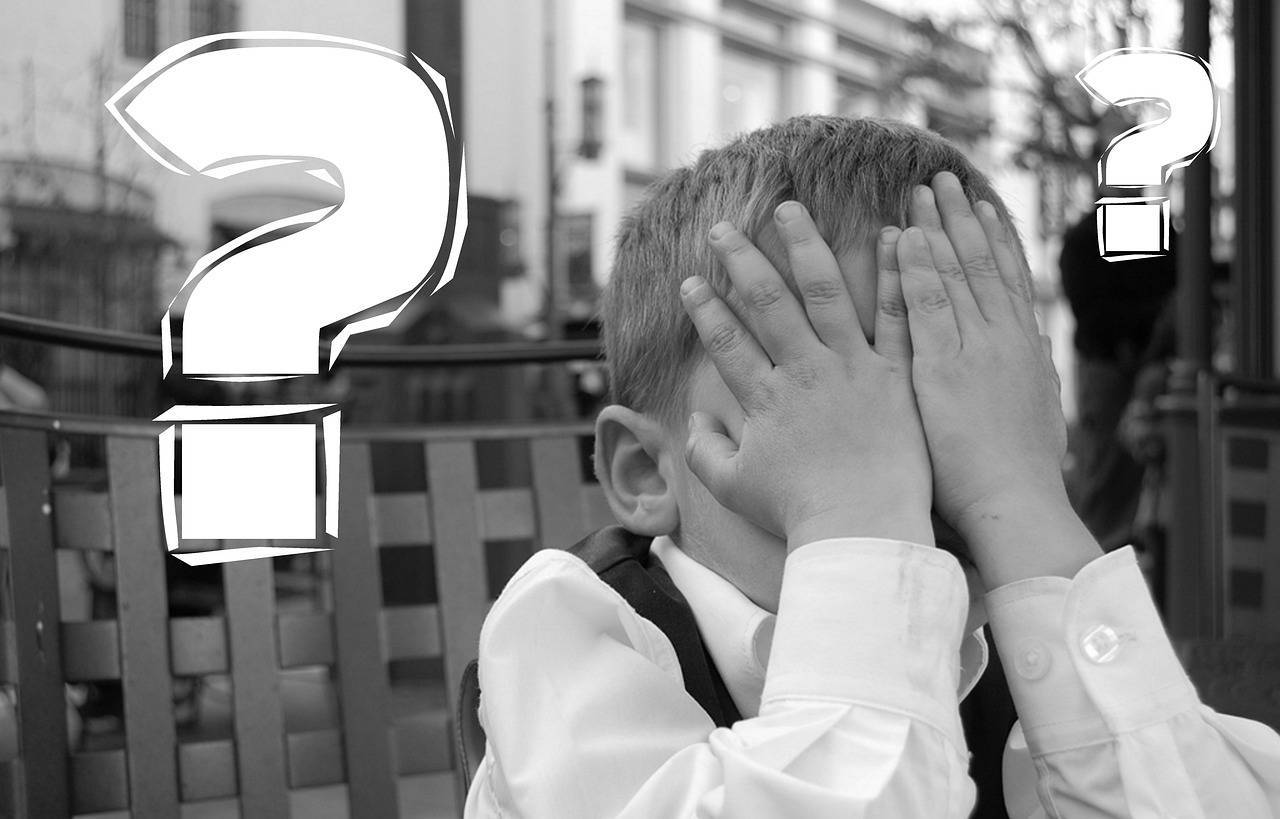How to Teach Your Kids to Own Their Mistakes

Making mistakes is an inevitable part of life, and teaching your kids how to recognize and admit their missteps can be one of the most important lessons they will learn. Knowing when things don’t go as planned is essential for developing self-reliance, problem-solving skills, resilience, and owning up to personal responsibility, all critical components in helping our children become healthy, confident adults. This post outlines easy steps to ensure that your child understands the importance of acknowledging failure without detracting from their self-worth.
1. They Can Learn From Mistakes
It is crucial to help your child understand that mistakes are part of life, and learning from them can be a valuable experience. Explain that making mistakes does not mean they are stupid or wrong but simply that it was something new for them to try. Remind them of taking ownership and responsibility for their actions and decisions to learn from their missteps. You can also use age-appropriate examples to talk about mistakes that you or others have made and how they were able to learn from them. This will help your child feel less alone in their experience and that making mistakes is part of being human.
2. Model Owning Mistakes
As a parent, you are a role model to your child. When you make mistakes, owning them and showing your child how to do the same is essential. Apologize when necessary, admit that you were wrong, and explain how you would handle the situation differently in the future. This will help them easily recognize their errors and learn from them. If you have siblings, demonstrate how to apologize and own mistakes among themselves. The more your child sees this behavior, the more likely they are to model it themselves.
3. Let Them Process Their Feelings
Making a mistake can be difficult and uncomfortable. This is normal, especially for young children who may not have the language skills or emotional maturity needed to handle challenging situations. Let them know that it’s okay to be upset and take a moment to process how they’re feeling. Encourage your child to talk about their mistake honestly without judgment or criticism so that they can work through their emotions. This will help them become more comfortable with mistakes, which can lead to increased resilience in the future.
4. Encourage Self-Reflection
Encouraging your child to reflect on their mistakes can help teach them how to process them appropriately. Ask your child questions about the mistake and what led up to it. The goal is to help them think through their actions and determine what they could have done differently. This will allow your child to analyze their mistake and gain insight into how it happened. It will also help them develop problem-solving skills that can be used in future situations.
5. Praise Their Effort
It’s important to recognize when your child takes responsibility for their mistakes. Praise them for admitting their errors and explain how it shows strength and maturity. This will help reinforce the idea that owning up to mistakes is a positive thing and encourage them to do it more in the future.
Parent resources can provide additional guidance and support on how to help your children manage their mistakes. Child Care programs are designed with the idea that mistakes are part of life, and they can be an invaluable resource in teaching children the importance of owning them. Equipping your child with these skills now will help set them up for success later in life.
6. Be Respectful
You may be an adult, but remember that your child is still a human being with their thoughts and feelings. Respect them and their mistakes. Don’t talk down to them or impose harsh punishments for errors in judgment. Show empathy and patience as they learn to take responsibility for their actions. This will help ensure that they feel safe expressing themselves and make it easier for them to own their mistakes in the future.
7. Discuss the Growth Mindset
Talking about a growth mindset with your child can help them understand that mistakes are an opportunity for learning and growth rather than a source of shame or guilt. Explain to them how making mistakes can be part of stretching themselves to try new things and take risks. The more you talk with your child about how mistakes can help them grow, the more likely they will embrace their errors as learning experiences. You can even use your experiences to demonstrate this concept and help them understand that everyone makes mistakes.
Mistakes are bound to happen, and giving your child the skills they need to learn from them is crucial. With patience and understanding, you can help them develop a healthy attitude towards mistakes that will serve them well into adulthood. By implementing these strategies, you can teach your child the importance of taking responsibility for their mistakes. This will help them become better problem solvers and more resilient individuals.
